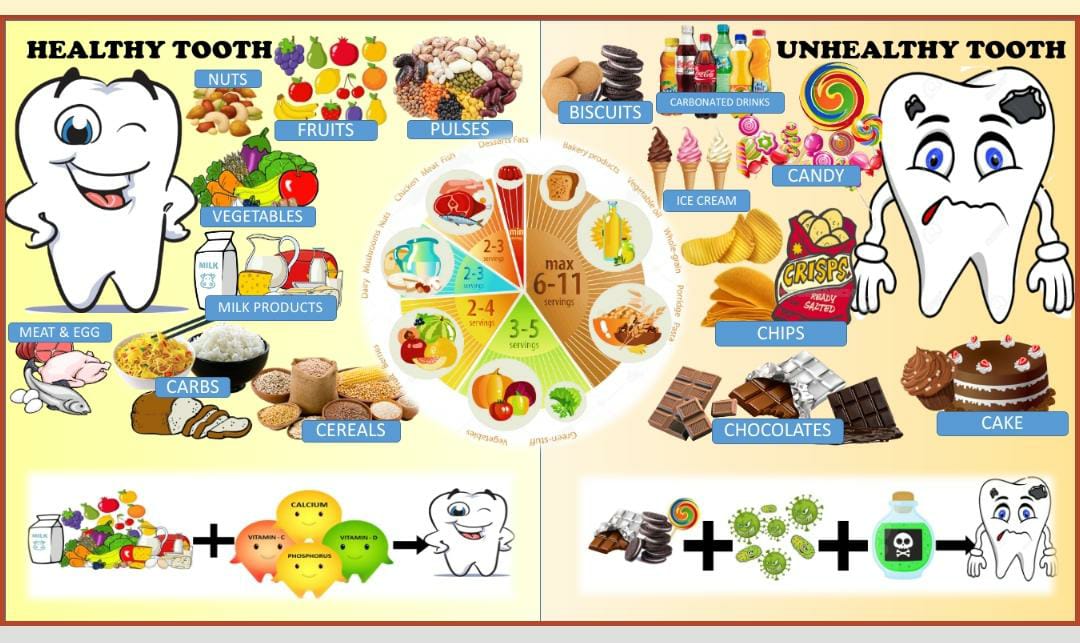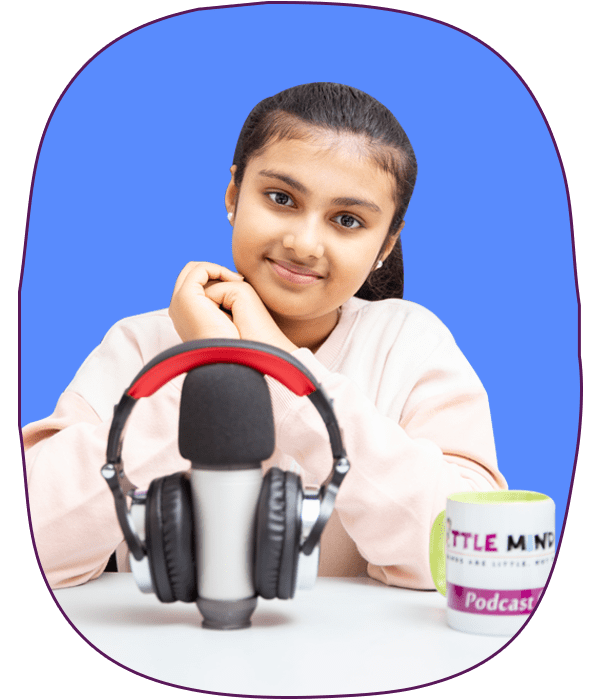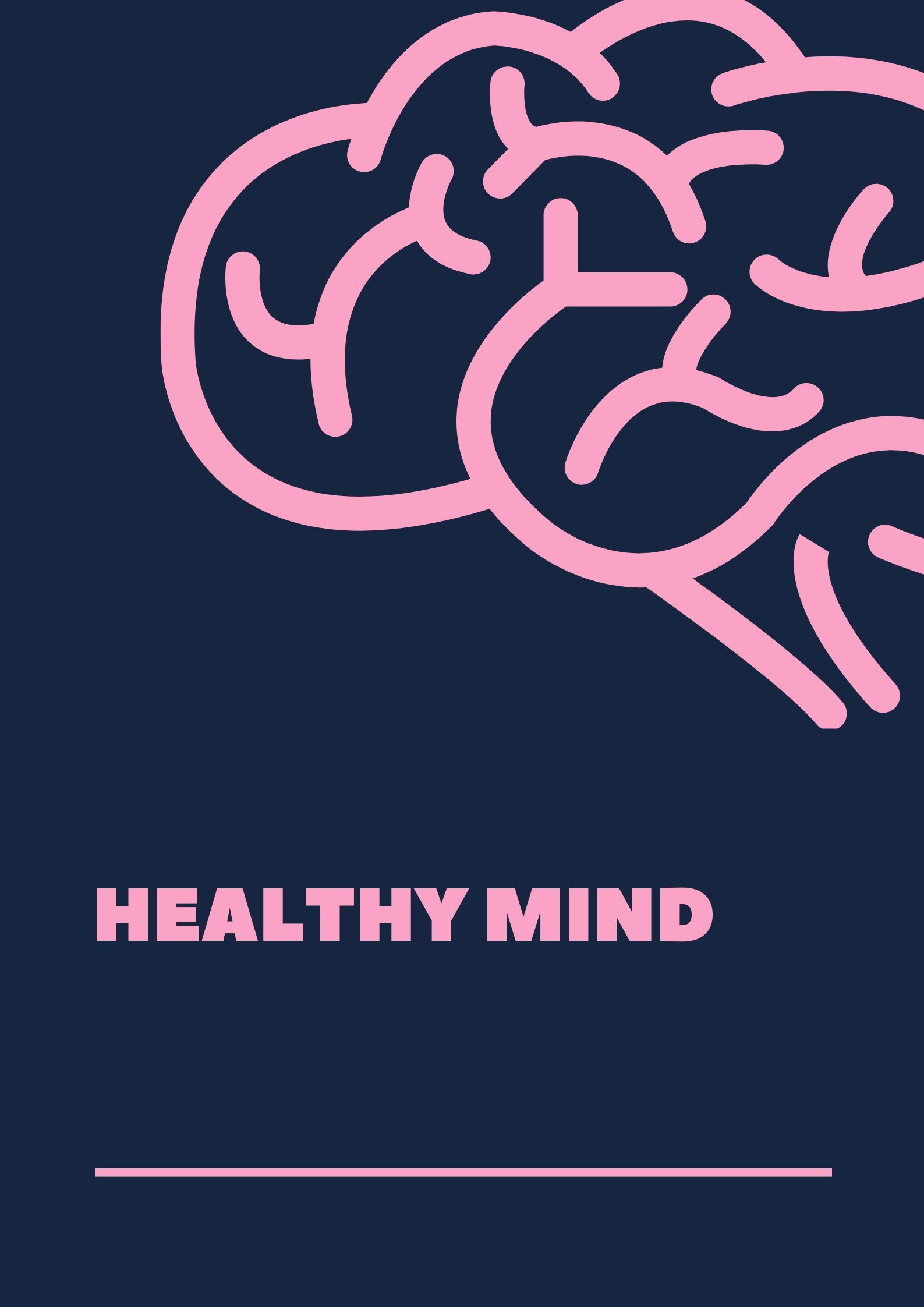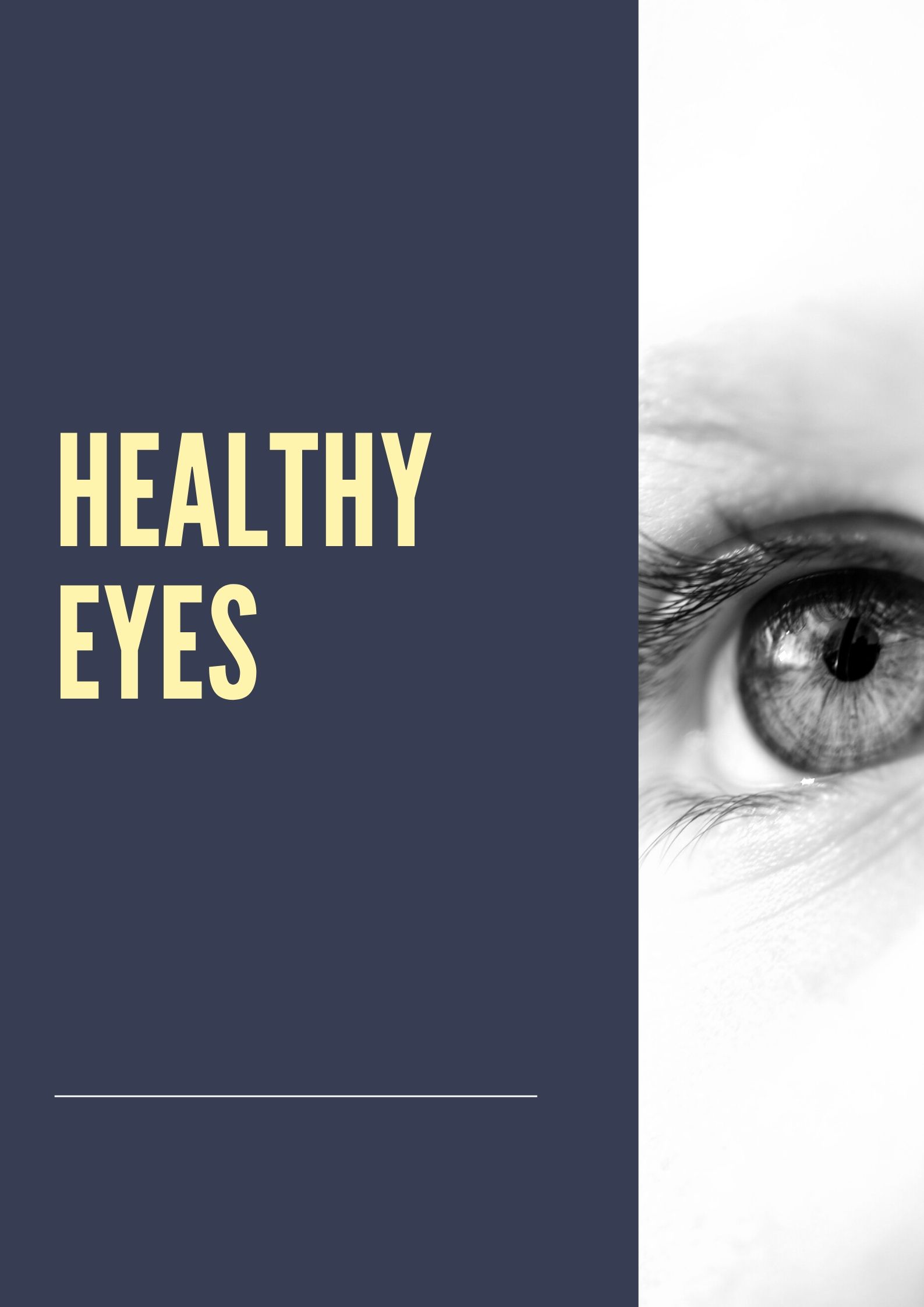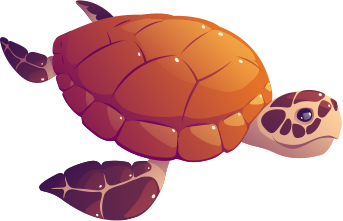Healthy Teeth
Transcripts
Episode 007:
Interview 2: Healthy Teeth.
[0.01]: Background Music
[0.08] Siyona: Hello kids. Welcome to my podcast Little Mind Chats. Minds are little. Not our thoughts. Hope you all had a lovely week. We saw how healthy eating is good for us. I really hope you’ve been able to include some good veggies and fruits in your diet. This week, I’m curious to know more about our teeth. I have so many questions for ages. Like, “why do I have to do the boring task of brushing my teeth every day?”. And, two times? Why don’t there have to be the pain when our teeth are growing out and so, Dr. Shwetha G Who is a paediatric dentist, meaning she is specializes in treating the teeth of children. She has kindly agreed to answer all of my questions. She is currently pursuing her PHD along with working as an assistant professor at faculty of dental sciences in the Ramaiah institute of applied sciences. Hello Dr. Shwetha, welcome to my show.
[1.16] Dr. Shwetha: Hello. Thankyou siyona.
[1.19] Siyona: “Why do we have to brush every day?” It’s so boring. “And why two times?”.
[1.25] Dr. Shwetha: You have to brush your teeth twice daily to remove the dirt on your teeth. Once you get up in the morning, you have to brush to remove all the dirt and the germs which have been accumulated on your teeth during night. And in the night before going to be you have to brush your teeth to remove all the germs again. It should not act on your teeth while you are sleeping.
[1.46] Siyona: That’s terrifying. The germs. I hate germs. “Why is it important to brush only for two minutes?”.
[1.54] Dr. Shwetha: It’s not really two minutes. It’s minimum two minutes. The manual dexterity, the way you handle your tooth brush compared to adults it is less. So, what you have to do is just brush your teeth slowly. You might require a little time. That is why, we usually specify two minutes. Not less than two minutes. Just make sure you have covered all the surfaces of your teeth and also not to overdo it. Okay? Once you do it more than two minutes or once you do it rigorously, there are chance that you are going to abrade your teeth. Cause more harmful effect on your teeth. While you brush it very hard or for a long time, you are trying to remove the protective layer of your teeth which is enamel.
[2.32] Siyona: Well, what is enamel by the way?
[2.35] Dr. Shwetha: Enamel is the white layer you see on your teeth. That is the hardest substance of your teeth. It helps in giving not only the colour, but it is also strong. It helps in all the chewing habits. If the enamel gets eroded, this dentin below that enamel, exposure of this dentin leads to sensitivity. You would have heard in some children there is sensitivity when they drink cold or when they drink something hot. Isn’t it?
[3.02] Siyona: Yeah. Well, that sometimes happens. Sometimes.
[3.05] Dr. Shwetha: Yeah that is because of the erosion of the enamel.
[3.09] Siyona: Yeah. I once remember when we were learning about teeth in school (in my old school over there in UK), my teacher was explaining about enamel and she was like “enamel is stronger than your bones”.
[3.24] Dr. Shwetha: Yes. Definitely. Enamel is stronger than your bones. But you should also remember that these germs which let out acid, has the ability to dissolve this enamel too.
[3.34] Siyona: Seriously?
[3.35] Dr. Shwetha: Yes.
[3.36] Siyona: Hhmm. I don’t like germs. I wish germs never existed.
[3.40] Dr. Shwetha: For these germs, whatever you take in is the good for them. The traces of food left on your teeth. Okay? That will act as food for the germs. So, once they eat that food the by-products what they release is acid. And this acid has harmful effect on your teeth. Just not brushing, you also have to drink lot of water.
[4.00] Siyona: Oh. That’s why my mom tells me to drink lots of water of every day. “But how does water really help?”.
[4.07] Dr. Shwetha: Water, it helps as neutralising agent and it helps in removing all the food particles. So not leaving the germs to act on it. That is the reason you have to take water after eating whatever you feel like eating.
[4.22] Siyona: “What is the right way to brush anyway?”.
[4.26] Dr. Shwetha: There are many ways. For children what we recommend is, use a circular motion to brush your teeth. Compared to you my manual dexterity is more. So, for children holding the brush is too difficult. So, what you can do is simple circular motion you can use. Involve three teeth and brush using your tooth brush. It doesn’t matter which tooth brush you use.
[4.47] Siyona: “Is it really necessary we use an age appropriate brush and paste? There are so many different kinds of tooth pastes and brushes in the market. How will you choose the right ones?”.
[5.00] Dr. Shwetha: It is really age appropriate. You have to use a tooth paste according to your age. The main reason is the contents of the tooth paste. There’s something called as fluoride, which is beneficial for the health of your teeth. But compared to adult tooth paste, children’s toothpaste has a fluoride content which is minimal. It doesn’t matter which brand you are using. You have to check the fluoride content in children’s tooth paste. Fluoride content will be about 500 to 600 ppm. In adult it will be from 1000 to 1500. So, there are ill effects of using this high fluoride tooth paste on young children. So, we recommend that children use paediatric tooth paste. It also comes in flavours. And when it comes to brush, you have to use appropriate brush because the teeth of children are very small and if you use a bigger tooth brush to clean the small teeth, it will not serve the purpose. So, it is better to use a children’s tooth brush.
[5.57] Siyona: Really? I see why I like the flavour of my tooth paste, the bubble fruit flavour. And also, my brother’s tooth paste it’s actually meant to be fruit flavour but somehow it tastes like chocolate to my brother. So, what he does when he is brushing is when mom tells him to spit out the tooth paste, instead he …
[6.23] Dr. Shwetha: He swallows it?
[6.24] Siyona: Yeah.
[6.25] Dr. Shwetha: That’s correct. Many children have the habit of swallowing the tooth paste. That is the reason the content of fluoride okay? If it is more, it has harmful effects not only on teeth, even on the growing bones. That is the reason content of fluoride is less in children’s tooth paste.
[6.41] Siyona: “Even though it has low fluoride content, is it so safe to swallow?”.
[6.48] Dr. Shwetha: It’s not really recommended to swallow. So, if at all he does, it doesn’t have much harmful effects on him. But it should not be done for a long period of time. Tell him to spit it out and he will learn from you when you are doing. Elder siblings can act as a role model to the younger ones. “Don’t you think so?”.
[7.07] Siyona: Yeah. Well that always happens. If I’m doing something naughty, he just joins me.
[7.12] Dr. Swetha: Same way. You can also help him with this.
[7.15] Siyona: Well, that’s a better way I could stop him from swallowing.
[7.20] Dr. Shwetha: “How much amount of tooth paste to be dispensed on the brush?”. That is more important. For a child of two years, you just have to smear tooth paste on the brush until about 6years. For 6years a pea sized, a very small pea sized amount of tooth paste you can use on the tooth brush. So, age appropriately you also have to use the tooth paste. If you use that small amount and the child swallows, it doesn’t have much effect on the growing bones. But you have to take care that he doesn’t swallow much.
[7.49] Siyona: Okay. (laughs) “What kind of foods are good for our teeth and what kind are really bad?”.
[7.59] Dr. Shwetha: All these vegetables, fruits are really good for your teeth. Chocolates, ice-creams, all these soft drinks, all fast foods that is your burgers, pizza all these are bad for your teeth. But it doesn’t mean that you should not eat it. Once in a while, you can eat it. Right?
[8.19] Siyona: Yeah.
[8.20] Dr. Shwetha: Your meal should contain proteins, minerals, carbohydrates and some amount of fat also. Is that right?
[8.27] Siyona: Yeah. It is right.
[8.30] Dr. Shwetha: And also remember that you should not eat sticky foods. If you eat sticky foods like your sticky chocolates like for example, your five star, snickers all these stick on to your teeth a lot. Don’t you think when you eat that you feel something is stuck on your teeth? Yeah?
[8.45] Siyona: Yeah.
[8.46] Dr. Shwetha: Yeah. All this will help the germs to grow more.
[8.50] Siyona: Really, they are friends of germs?
[8.51] Dr. Shwetha: Yes definitely. And also, they are rich in sugars. That attracts the germs. Once you eat it, you have to brush your teeth
[9.01] Siyona: My mom thinks I’m old enough to brush on my own. But I wanted to do it for me. “At what age can we start brushing on our own? Without mom or dad’s help?”.
[9.14] Dr. Shwetha: This is a good question. Especially in case of younger children, parents have to do it. Right from the time they see that first tooth popping out, cleaning the tooth is necessary. Not only with a brush even with a gauge is fine because those first teeth will be very tiny and then once the child is about four years, (4-5years probably) parents have to brush the teeth. Okay? Only then by 6-8years, the child has to brush under the supervision of the parents. They should not be left to brush it on their own.
[9.47] Siyona: “Is it really that important to see a dentist every six months even though we don’t have any problems?”.
[9.56] Dr. Shwetha: Yes, it is very important to see the dentist every six months even though you don’t have any problem. The dentist can identify what is wrong and before it is late he can treat it. There are processes of reversing decay.
[10.07] Siyona: Oh really? Reverse it?
[10.09] Dr. Shwetha: Yes. There are chances that you can reverse it at the early stages. There are many demineralizing agents which are available commercially. If you just meet the doctor, the doctor will prescribe which is appropriate for you. Based on that you can use this.
[10.24] Siyona: Yeah. Well, probably that’s the thing that the dentist would there used to put on my teeth. Actually, I like going to the dentist and I didn’t like going to the dentist. I didn’t like going to him because, he used to put that thingy in my mouth. Why I like going to the dentist was because he used to give me a balloon and a sticker.
[10.49] Dr. Shwetha: Okay. So, you mean to say you liked the reward which was given by the dentist and not the treatment?
[10.54] Siyona: Yes.
[10.55] Dr. Shwetha: It should have been the other way.
[10.57] Siyona: “What kind of children’s dental problems do you commonly treat?”
[11.02] Dr. Shwetha: From this initial carious lesion that is initial decay to the end. That is, preventive treatment to prevent any damage or cavities occurring in your mouth that is use of demineralizing solutions or use of fluoride, cleaning- cleaning of your teeth we use ultrasonic instruments. When we see any cavity, we do simple restorations. If at all the decay is very huge and has reached pulp, (I didn’t explain you what is pulp). I told you what is enamel, what is dentin. The layer below the enamel is called dentin. That is why your teeth will be little yellow that is especially your permanent teeth. When you get your second set of teeth and be a little yellow when compared to your milk teeth. And below the dentin layer you also have something called as pulp which is the blood circulation to your teeth. Once the decay reaches the pulp you have pain. Such cases we have different pulp therapy treatments like pulpotomy, pulpectomy, direct pulp capping, indirect pulp capping that is you remove the blood circulation to the teeth and followed by crown. You may wonder what this crown is! To prevent the tooth from breaking because of the forces when you chew on your food, we give a crown after the treatment over the tooth. Some teeth which cannot be saved, we have to remove that teeth. So, when we remove that teeth, we cannot leave the space like that. We have to wait until your new teeth come. So, we also give something called as space maintainers. We just put on small appliance there to preserve the space until you get your permanent teeth. Once the permanent teeth are coming, we will remove this. We also treat younger children right from age of 2years till 14years.
[12.46] Siyona: That’s nice. It must be painful to get your tooth pulled out. I mean, oh gosh I’m going to be terrified.
[12.53] Dr. Shwetha: Not really. Because we will do it under the local anaesthesia. I don’t think you should have any pain.
[13.00] Siyona: “Why do our teeth get wobbly before they fall. I mean why can’t they just fall out without causing pain?”
[13.09] Dr. Shwetha: The tooth which is present in your mouth it is strong. It is lying in the place and it will not move. When it has to fall down, the part which you can see in your mouth is just the tooth. But it will have a root inside. Same as your plants. When you see a plant you just can see the upper part. But the root is below the ground. Right? Below the soil.
[13.25] Siyona: Yeah.
[13.26] Dr. Shwetha: Same way you have a root for your teeth. Once the root below the comes starts resorping, the tooth becomes loose and it will fall. That is the physiology of the tooth. It has to fall because, once it falls you will get your next set of teeth.
[13.41] Siyona: “What is resorping?”.
[13.43] Dr. Shwetha: The root inside your gums it dissolves. It is a normal process. Because your tooth has to come out. If it stays strong, then your teeth will not fall.
[13.53] Siyona: Oh. Well, “Why are some kids’ s mouth stinky even though they brush like the dentist told them to?”.
[14.03] Dr. Shwetha: It is actually a physiological process. Even though they clean their mouth due to the eating habits or some problem in their gastrointestinal tract, that is their gut and they are also related to some digestion problems. So initially you brush. You can also try with your mouth fresheners. So that will help. But even then, if it doesn’t you have to meet professionals to get a complete evaluation of your body.
[14.29] Siyona: Oh. So that’s why we shouldn’t shame people with stinky mouth.
[14.34] Dr. Shwetha: Yes. That’s Correct.
[14.36] Siyona: I have a pen pal who says, she has teeth growing upon teeth. “What makes it happen?”.
[14.43] Dr. Shwetha: That is just that your milk teeth wouldn’t have fallen. Around age of six years, you will start getting a new set of teeth and by the age of 13years all your milk teeth would be gone and it will be replaced by your permanent teeth. So, it is a process of about 7years. What happens in between if the tooth hasn’t fallen, then new teeth will be growing behind. So, that is what your friend has experienced.
[15.07] Siyona: yeah. That was such a good conversation. I feel a lot better about my teeth now. Thanks for answering all of my questions Dr. Shwetha.
[15.20] Dr. Shwetha: Thank you siyona for having me here. I just wanted to tell you all that, you have to brush your teeth. Keep your mouth clean. And also, no matter you have problem or not visit the dentist every six months. Remember to eat healthy. Eating healthy just not only for your teeth even it’s good for your body. Don’t you agree on this?
[15.40] Siyona: Yes. I do indeed. How about all of you? Do you agree with this? Yeah, I bet so. I hope this episode will help you all take a lot better care of your teeth and even help your siblings take care of theirs. So, my question to you today is, “How do you take care of your teeth?”. Let me know what new things you’ve learnt in this episode. Please do send me your answers to siyona@littlemindchats.com. Visit my website littlemindchats.com and use the get involved page or use the easiest option and WhatsApp me your voice messages on +916366305959. That brings us to the end of this episode. Thanks, a tonne for listening. Bye.
Other Interesting Episodes
21 Jun-20. by Siyona
Healthy Mind
05 Jul-20. by Siyona
Healthy Eyes
No Comment Found..

